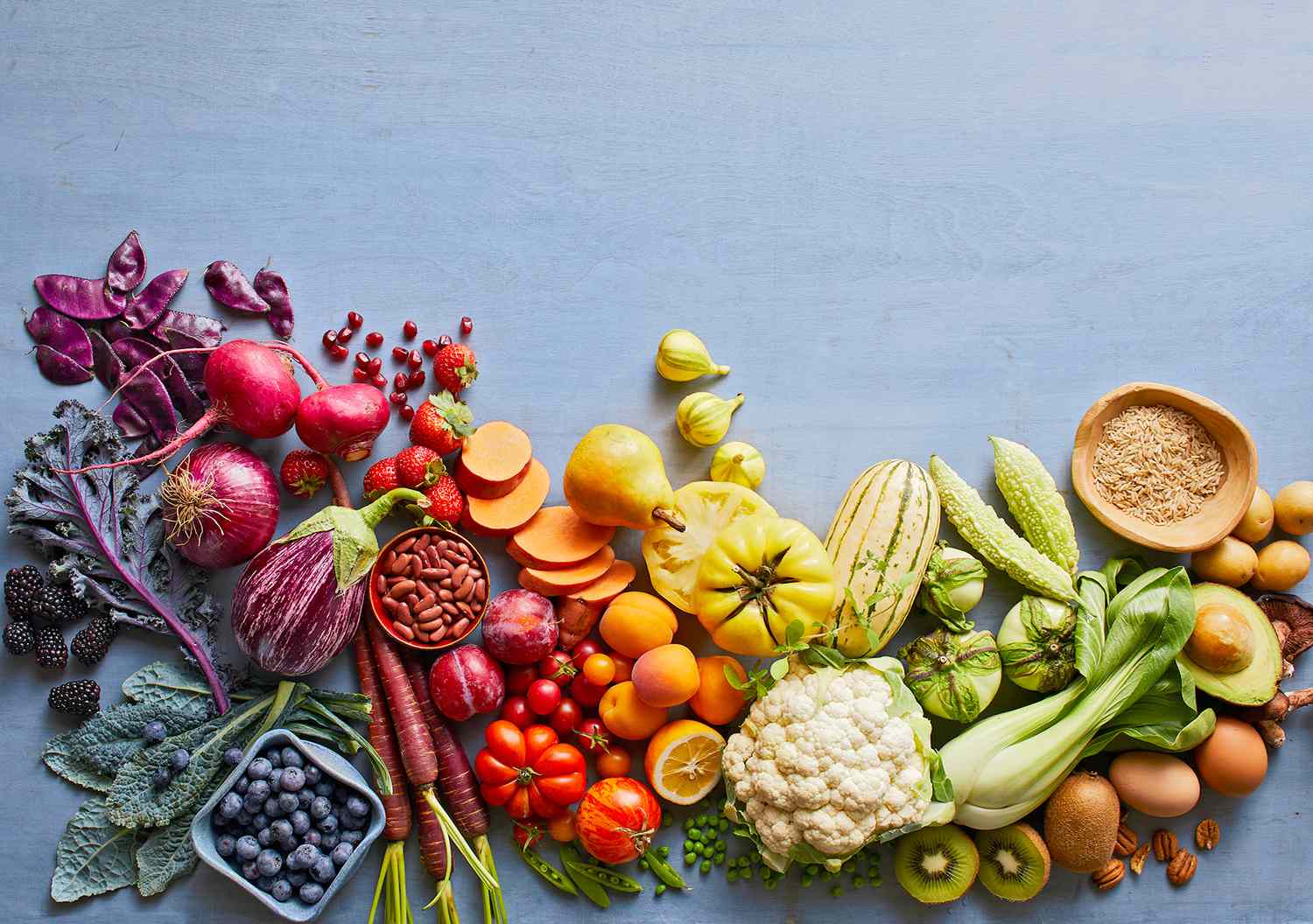
THE ROLE OF FIBER IN DIET
THE ROLE OF FIBER IN DIET
Fiber is a non-digestible carbohydrate that has been linked to a variety of health benefits.
Dietary fibers are those that are naturally found in plants like fruits and vegetables, whereas functional fibers are those that are added to diets like bran, husk etc.
Both dietary and functional fibers can benefit your health.

Why Eat Fiber?
- Lowers cholesterol and reduces risk of cardiovascular disease.
- Reduces digestive, and inflammatory disorders
- Decreases risk of developing colon cancer
- Improves Insulin sensitivity and hypoglycemic control
- Weight and appetite control
- Prevents constipation
- Reduces inflammation
- Enhances calcium absorption and bone mineral density.
Foods & Snacks That Are Rich In Fiber:
Grains & Cereals

- Barley - You may meet your daily requirements by include 2 cups of cooked barley in your diet. You may also use this high-fiber grain with roasted vegetables.
- Quinoa – Quinoa is a popular grain among health-conscious people. It is high in fibres, proteins, magnesium, iron, antioxidants, and other nutrients. Quinoa can be added to your weekly supper rotation or mixed with cinnamon and sugar for a sweet treat.
- Oats – Oat contains a powerful soluble fiber – oat beta-glucan which helps to control blood sugar and cholesterol levels. You can add it to cookies, muffins, or granola.
Vegetables & Fruits

- Broccoli - This vegetable is often labelled as a fibre vegetable. It is also high in vitamin C, vitamin K, vitamin B complex, antioxidants, and other nutrients. According to research, broccoli's 5 grammes of fibre per cup can help your gut bacteria stay healthy and balanced.
- Carrots — A root vegetable known mostly for its beta carotene content, carrots also contain a significant quantity of fibre. It takes about 6 cups of carrots to meet the daily requirement.
- Berries – Usually, berries are known as rich in antioxidants but those are full of fibers too. Raspberries, strawberries, and blackberries are loaded with fibers. About 6 cups of strawberries are required to reach daily recommended doses.
- Apples – Apples are particularly high in a type of soluble fiber called pectin. There are about 4 grams of fiber in an apple which are helpful to protect arteries and lower.
Digestive Cookies

Digestive Cookies which are made with whole-grain flour offer the most dietary fiber, according to a comparison study done by Consumer Affairs. The highest amount of dietary fiber found in a commercially mass-produced digestive biscuit was 7.1 percent. A high-fiber digestive biscuit may help you feel full longer than a cookie made with processed white flour and refined sugar. Fiber also plays a part in healthy elimination, and a high-fiber diet can help you avoid the risk of heart attack, stroke and certain types of cancer. If you're craving a mid-morning, afternoon or bedtime snack with a bit of crunch, have your digestive biscuit with a piece of fruit to raise your snack's nutrition content.
Conclusion:
Fiber intake should always be balanced. It may appear that having too much is preferable to having too little, but you must exercise caution. When making dietary adjustments, it is critical to listen to your body and begin slowly. Drink plenty of water to avoid constipation or indigestion, and talk to your doctor about how much fibre is best for you.



